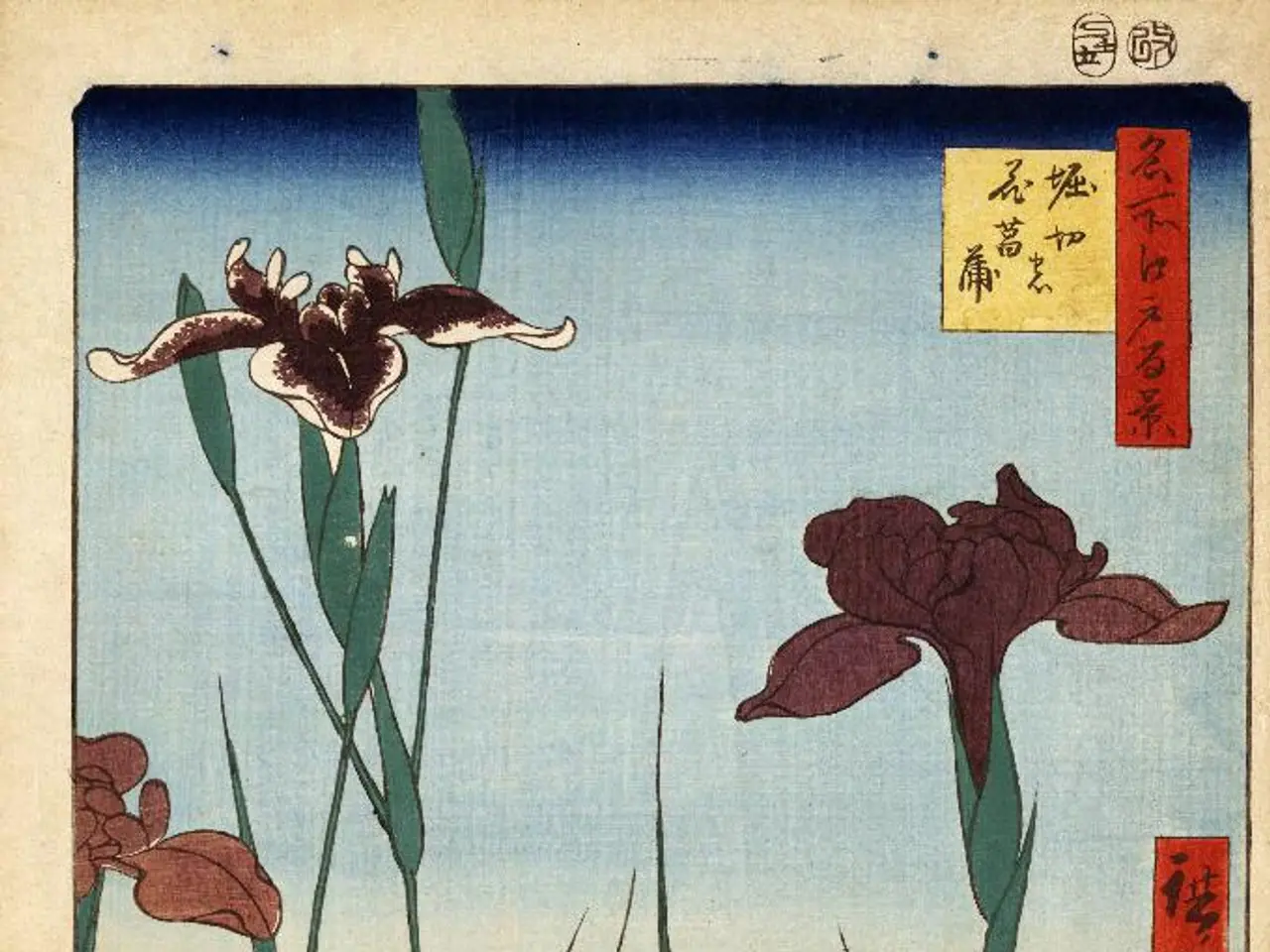Spring Gardening Tips for Allergy Sufferers
Spring is here, and with it comes the joy of gardening. However, for allergy sufferers, it also brings the challenge of pollen exposure. Here are some tips to help you enjoy your garden while minimizing allergy symptoms.
Gardening exposes individuals to a higher risk of allergic reactions during spring months. Trees, grasses, and flowers bloom, releasing pollen that can trigger reactions in some people. To protect against this, wear protective gear such as a face mask, gloves, long sleeves, protective glasses, a wide-brimmed hat, and long-sleeved shirts. These can act as a barrier against pollen.
To further reduce symptoms, avoid gardening during high pollen times, typically mid-morning and early evening. Windy days should also be avoided as wind carries pollen particles over long distances. Instead, opt for early morning or late afternoon gardening sessions. Keep outdoor areas clean and free of mold or fungal growth to reduce airborne allergens.
After gardening, rinse off any pollen and use barrier creams or moisturizers to protect the skin. Consulting a healthcare professional about over-the-counter or prescription allergy medications can also provide relief during peak allergy seasons. Delegating tasks that stir up allergens, like mowing the lawn or raking leaves, to others who don't suffer from allergies can also help reduce exposure. Optimizing the garden layout by placing high-pollen plants farther away from favorite sitting or working areas can create a more allergy-friendly environment. Keeping gardening tools clean can prevent pollen from becoming an unexpected source of allergens.
By following these tips, allergy sufferers can enjoy their gardens this spring without the usual discomfort. From protective clothing to strategic gardening times and layouts, there are many ways to minimize pollen exposure and maximize gardening pleasure.




